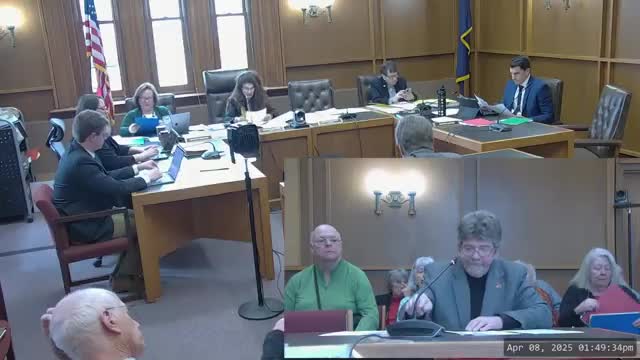Article not found
This article is no longer available. But don't worry—we've gathered other articles that discuss the same topic.
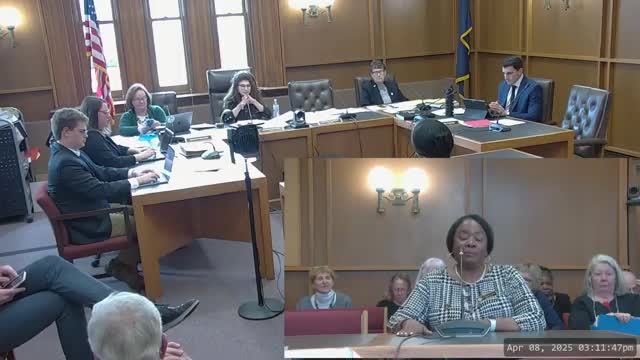
Sponsor seeks to bar driver-license renewals for some noncitizens; opponents and DMV warn harms to workers and families
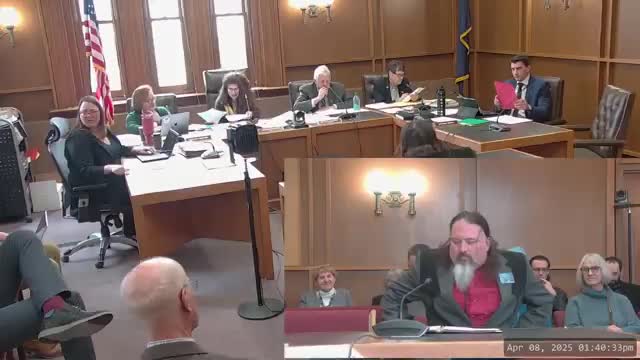
Committee hears bill allowing VA health-care providers to write medical-equipment exceptions in NH
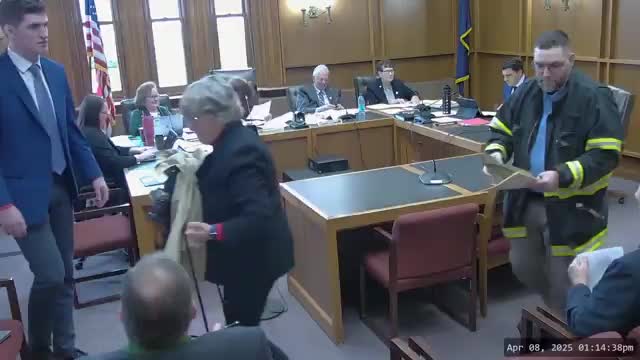
Committee hears bill to allow single rear-facing blue light on private first-responder vehicles; state police oppose
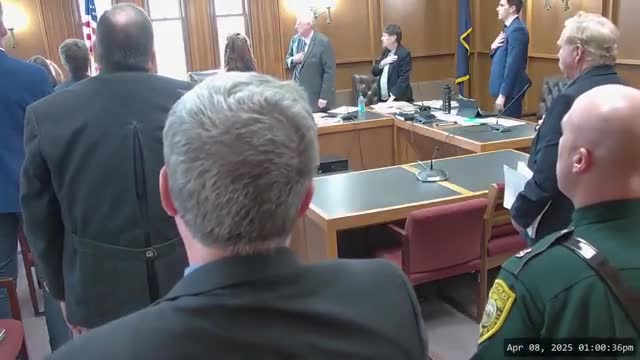
Bill would let drivers delay paying some motor-vehicle fines up to 180 days; sponsor says it avoids court backlog
